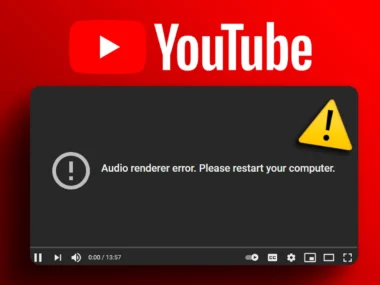The Power of Solar Panels: Harnessing Renewable Energy for a Sustainable Future:
As concerns about climate change and energy consumption grow, have emerged as a popular and effective solution for generating clean, renewable energy. By converting sunlight into electricity, solar panels provide an eco-friendly alternative to fossil fuels, helping reduce greenhouse gas emissions and dependence on non-renewable resources. In this blog, we’ll explore how solar panels work, their benefits, and tips for choosing and installing them for your home or business.

How Do Solar Panels Work?
Solar panels, also known as photovoltaic (PV) panels, are made up of many solar cells composed of semiconductor materials like silicon. When sunlight hits these cells, it excites the electrons, creating an electric current. This process is known as the photovoltaic effect. The electricity generated is in the form of direct current (DC), which is then converted to alternating current (AC) by an inverter, making it usable for homes and businesses.
Benefits of Solar Panels;
1.Environmental Impact
- Reduce Carbon Footprint: Produce clean energy without emitting greenhouse gases or pollutants, significantly reducing your carbon footprint.
- Sustainable Energy: Solar energy is an inexhaustible resource, unlike fossil fuels, which are finite and environmentally damaging.
2. Economic Advantages
- Lower Energy Bills: By generating your electricity, you can reduce or even eliminate your monthly utility bills.
- Return on Investment: Although the initial cost can be high, solar panels often pay for themselves over time through energy savings and government incentives.
- Increase Property Value: Homes equipped with solar panels typically have higher property values and sell faster than those without.
3. Energy Independence
- Reliability: Can provide a consistent energy source, especially in areas with high sunlight exposure.
- Off-Grid Capabilities: For those in remote locations, solar panels offer the ability to live off the grid, reducing reliance on traditional energy providers.
Choosing the Right Solar Panels:
When selecting solar panels, consider the following factors to ensure you make an informed decision:
- Efficiency: Higher-efficiency panels produce more electricity from the same amount of sunlight, making them ideal for limited space.
- Durability: Look for panels with a robust warranty and proven longevity to ensure they can withstand various weather conditions and continue to perform well over time.
- Cost: While price is important, it’s crucial to balance cost with quality and efficiency. Cheaper panels may have lower efficiency or shorter lifespans.
- Installation: Choose a reputable installer with experience and positive reviews. Proper installation is critical for maximizing the performance and lifespan of your solar system.

Installing Solar Panels
The installation process involves several key steps:
- Site Assessment: A professional will evaluate your property to determine the best location for the panels, considering factors like roof orientation, shading, and available space.
- System Design: Based on the assessment, the installer will design a system tailored to your energy needs and property layout.
- Permits and Approvals: You’ll need to obtain necessary permits and approvals from local authorities and your utility company.
- Installation: The installer will mount the panels, connect them to the inverter. And integrate the system with your home’s electrical setup.
- Inspection and Activation: After installation, a final inspection ensures everything is up to code and functioning correctly before the system is activated.
Conclusion
Offer a powerful and sustainable solution for meeting energy needs while protecting the environment. By understanding how they work, their benefits, and the process of choosing and installing them. You can make an informed decision about investing in solar energy. As technology advances and costs continue to decrease, there’s never been a better time. Consider harnessing the power of the sun for a greener, more sustainable future.






